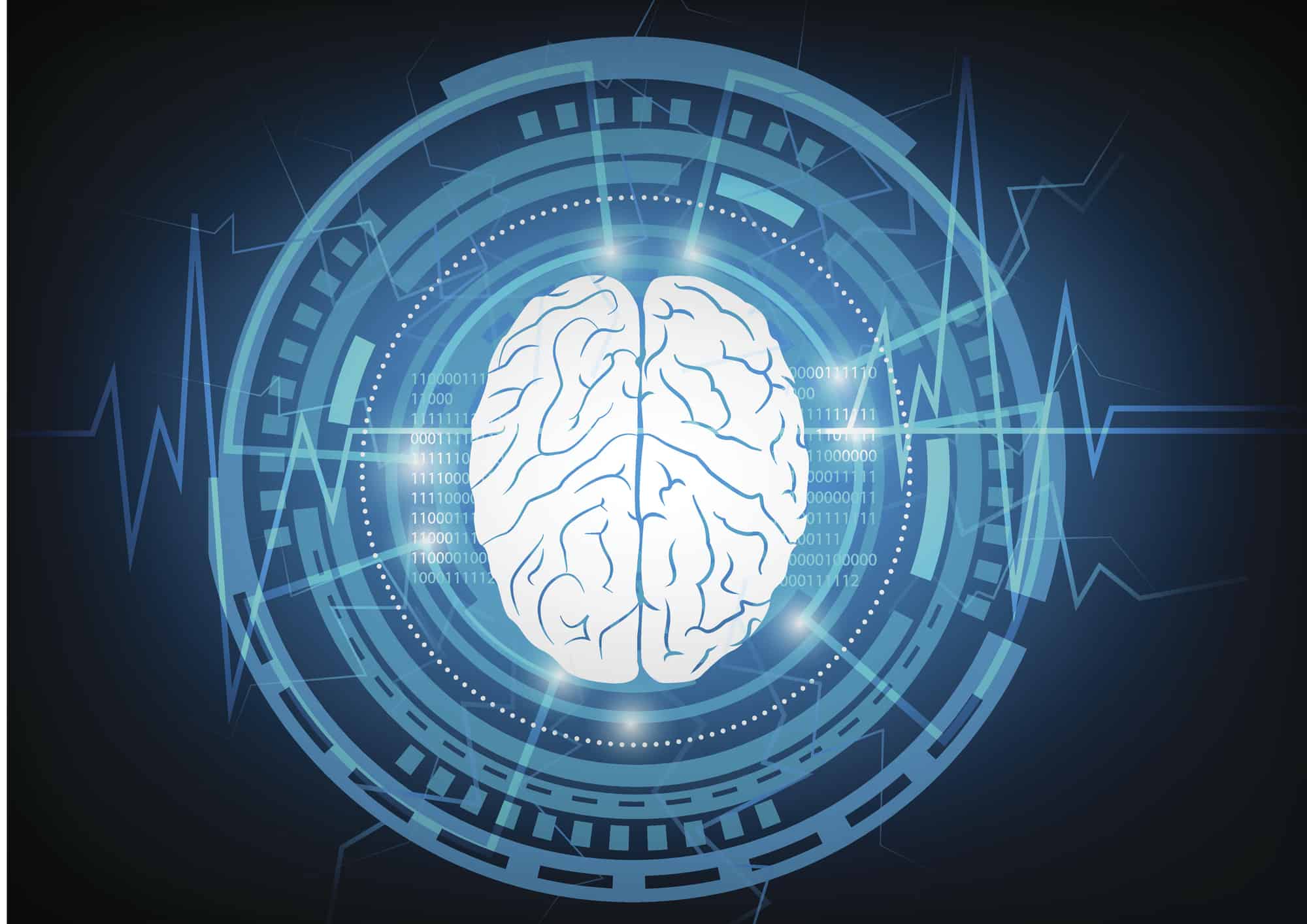Bruce Willis’s aphasia diagnosis and retirement from acting have led many following the news to search for more information on the disease.
“Bruce has been experiencing some health issues and has recently been diagnosed with aphasia, which is impacting his cognitive abilities” – Rumer Willis.
What causes aphasia?
Aphasia is caused when there is an interruption in the brain network that produces language. This can happen suddenly because of something like a stroke or head trauma, or it can occur gradually because of a process that slowly breaks the network down, like in certain types of dementia. In certain disease states, like migraine with aura, aphasia can be a temporary symptom of disease in which a person loses the ability to produce words or says words that are different than what they are trying to say before or during a migraine attack. Once the attack passes, the aphasia resolves.
What are the different types of aphasia?
There are 3 types of aphasia.
Global aphasia is when you have trouble understanding someone AND you have difficulty saying words and sentences.
Expressive aphasia is when you can understand what others are saying but have a hard time speaking or saying words. You may be able to speak in short or very short sentences.
Comprehensive aphasia is when you can speak easily but can not understand what others are saying. Oftentimes a person with comprehensive aphasia will carry on a one-sided conversation with you, but the conversation may not be something you understand.
What are the symptoms of aphasia? Are there warning signs?
In most cases with aphasia, a person will have difficulty with their speech. There may be trouble expressing words or forming sentences. Sometimes there may be trouble understanding others. Many times aphasia is sudden if it relates to head injury or stroke or if it is due to a migraine. If there is a gradual appearance of difficulty with language, this may indicate a slower process of breakdown of the language network which may indicate a neurodegenerative process.
How is aphasia diagnosed?
Aphasia is diagnosed by a neurological exam that involves speech and language testing along with an MRI of the brain to evaluate for any underlying structural changes.
Can aphasia be cured?
Since the typical causes of aphasia are from an injury to the brain structure, it usually can not be cured.
For people who have episodes of aphasia during disease such as migraine, their speech will return to normal between attacks.
What are typical treatments for aphasia?
Speech therapy can help some patients improve their speech after injury.
If you suspect that a loved one is suffering from aphasia, what steps can/should you take?
It is important to speak to your health care provider about seeing a Neurologist if you suspect you or a loved one has symptoms of aphasia. To prepare for your appointment, make notes of the symptoms that have been experienced such as what types of words have been difficult to say, how often does this happen and for how long, do you have trouble speaking or writing or both, is it easier to understand people or is this difficult too, does anyone else in the family have similar symptoms, any changes in mood or behavior around the same time, any new medications or changes in your medical history?
Jessica Ailani, MD
MedStar Georgetown Headache Center
Associate Professor, Department of Neurology

